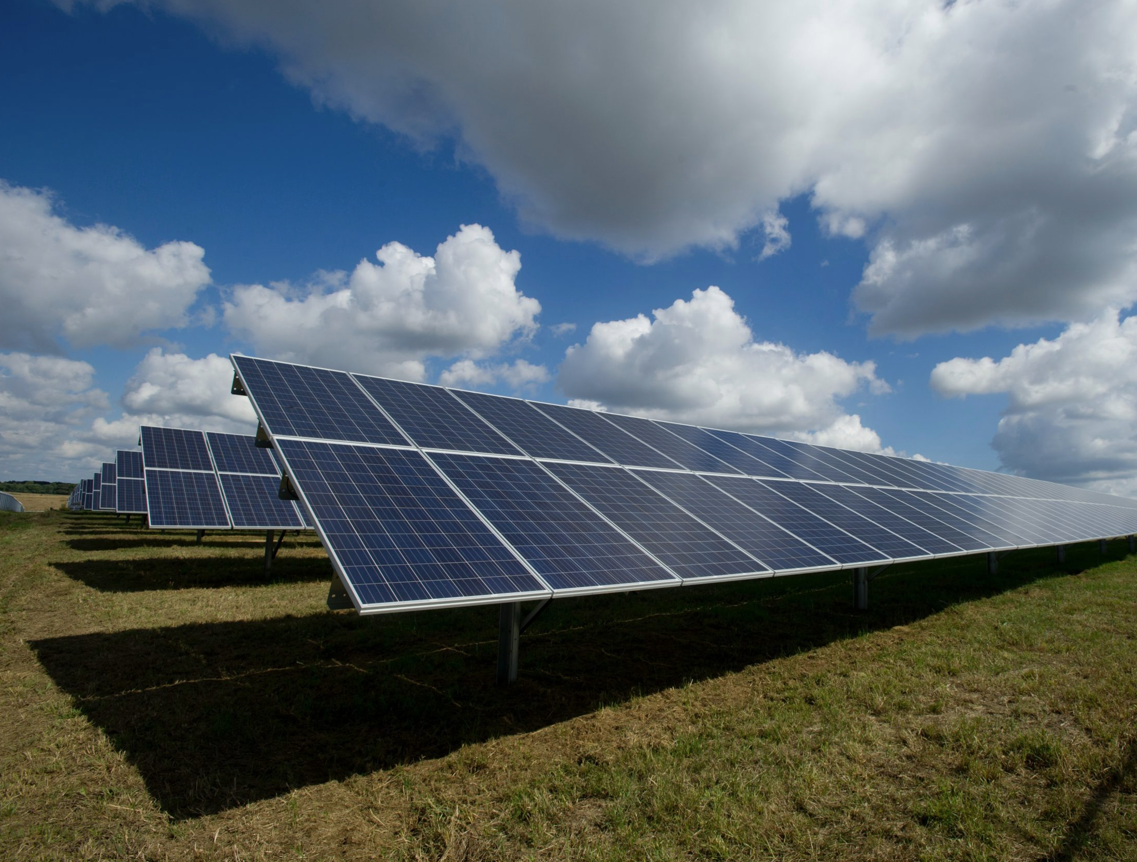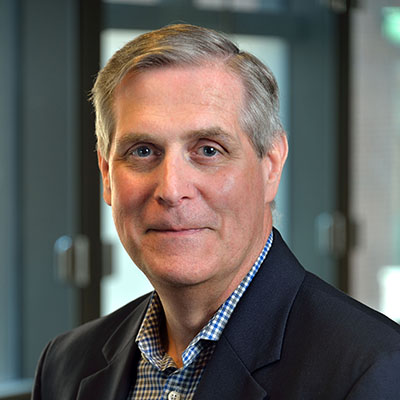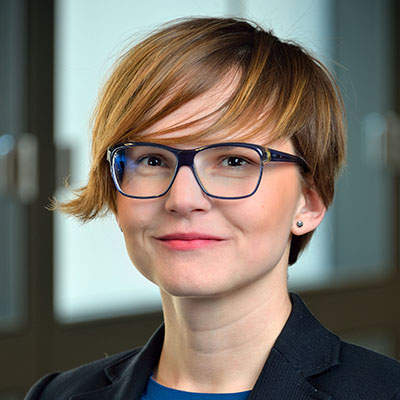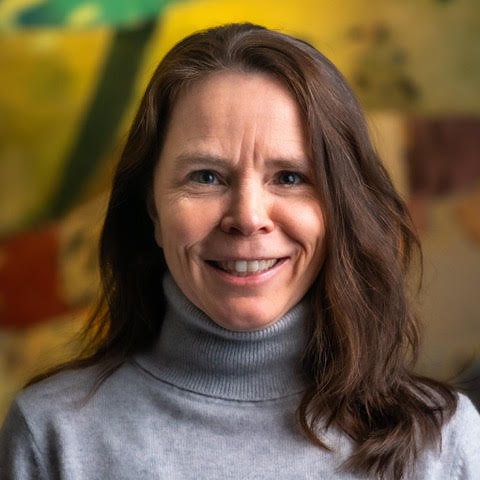
Energy, Sustainability, & Environment
This category encompasses research aimed at addressing energy challenges, environmental impact, and sustainability. It includes the development of renewable energy sources, efficient energy storage, and technologies to reduce environmental pollution.
In chemical and biomolecular engineering, these efforts are crucial for developing processes and materials that support sustainable practices and mitigate environmental harm. Research in this area often involves designing new catalysts for energy conversion or systems for carbon capture and recycling.
Related CBE Courses
| Course | Title | Semester |
| CBE 5050 | Carbon Capture | Spring |
| CBE 5215 | Energy and Sustainability: Science, Engineering and Technology | Fall |
| CBE 5300 | Electrochemistry Fundamentals, Practices, and Analysis | Spring |
| CBE 5430 | Sustainable Development of Water Resource Systems | Spring |
| CBE 5450 | Electrochemical Energy Conversion and Storage | Fall or Spring |
Related Faculty (Primary)
Related Faculty (Secondary)
Internship Spotlight
Tidal Metals, Process Engineer Intern

Name: Vyshnavi Chilla
Chemical and Biomolecular Engineering
Class of 2026
Hometown: Andhra Pradesh, India
Internship Company and Job Title: Tidal Metals, Process Engineer Intern
I had the opportunity to intern at Tidal Metals, a seed-funded startup I connected with through the campus Spring Career Fair. The company is focused on strengthening the domestic magnesium supply chain in the U.S. by extracting green magnesium from seawater, aiming to replace China’s carbon-intensive black magnesium.
During the internship, I worked on the Techno-Economic Analysis (TEA) for both First-of-a-Kind (FOAK) and Nth-of-a-Kind (NOAK) commercial plant designs. I also worked on their patent adsorbent technology and supported inventory optimization. This experience was incredibly enriching, allowing me to connect the technical and financial dots from my past experience in manufacturing at Mondelez International Private Limited. I now understand how financial drivers like CAPEX and OPEX targets influence decisions, motivating teams to pursue operational excellence with unyielding commitment to safety and quality, with greater precision and intent.
What particularly enhanced my contributions was the academic preparation I received at Penn. The course CBE 5215 Energy and Sustainability: Science, Engineering and Technology, taught by Prof. Lorena Grundy, helped me develop a strong understanding of energy systems, lifecycle emissions, and techno-economic analysis (which was an integral part of my course final project – Specialty Recycling: A Gap Analysis of Penn’s Existing Specialty Recycling of Batteries) all of which were central to the work I did at Tidal. Meanwhile, CBE 5600 Water Treatment Engineering, taught by Prof. Samantha McBride, deepened my understanding of mass transfer, adsorption, and separation processes. Although the course focused on freshwater and wastewater treatment, the principles I learned, especially around unit operations, helped me quickly grasp the process of magnesium extraction from seawater. These courses gave me a solid foundation not just to understand the science, but to ask better questions, challenge assumptions, and contribute at both the technical and strategic levels from the very start.
Other Electives
Other Electives
| Course | Title | Semester |
| CHEM 7640 | Materials Chemistry | |
| EAS 5010 | Energy and Its Impacts: Technology, Environment, Economics, Sustainability | Fall |
| EAS 5020 | Renewable Energy and Its Impacts: Technology, Environment, Economics, Sustainability | |
| EAS 5030 | Energy Systems and Policy | Fall |
| ENGR 5215 | Energy and Sustainability: Science, Engineering, and Technology | Fall |
| ESE 5180 | Battery and Super-Capacitor Systems | |
| ESE 5210 | The Physics of Solid State Energy Devices | |
| ESE 5550 | Electrochemical Engineering of Materials | |
| MEAM 5020 | Energy Engineering in Power Plants and Transportation Systems | Fall |
| MEAM 5030 | Direct Energy Conversion: from Macro to Nano | |
| MEAM 6900 | Advanced Topics in Thermal Fluid Science or Energy | |
| MSE 5450 | Materials for Energy and Environmental Sustainability | Fall |






